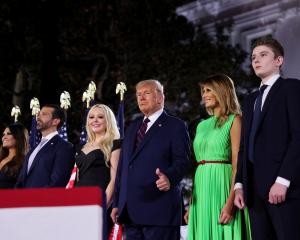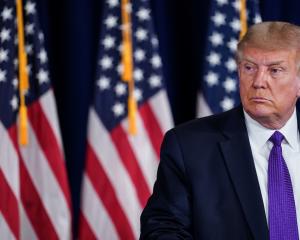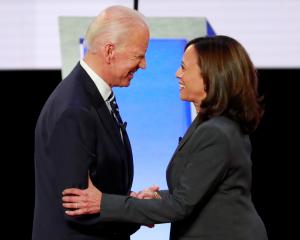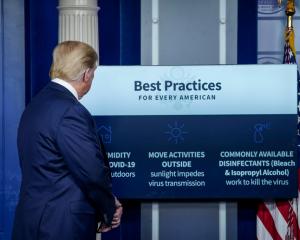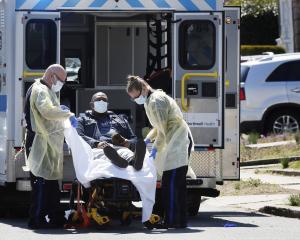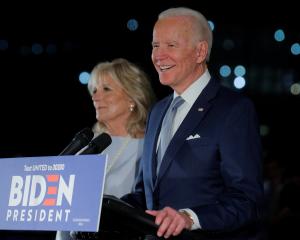Ten people have been arrested by the FBI for allegedly serving for years as secret agents of Russia's intelligence service, the SVR, with the goal of penetrating US government policymaking circles.
The Justice Department announced the arrests today in the multiyear investigation.
According to court papers in the case, the FBI intercepted a message from SVR headquarters, often referred to as Moscow Centre, to two of the defendants stating that their main mission is "to search and develop ties in policymaking circles in US."
Eight of 10 were arrested yesterday for allegedly carrying out long-term, deep-cover assignments in the United States on behalf of Russia. As deep-cover agents they would have civilian jobs rather than serving in Russian diplomatic or military missions.
Two others were arrested for allegedly participating in the same Russian intelligence programme within the United States. An 11th defendant, who allegedly delivered money to the defendants, is at large.
The court papers cited numerous examples of communications intercepted in the FBI probe that spelled out what the 10 allegedly were trying to do.
In advance of President Barack Obama's visit to Russia last year, intelligence headquarters in Moscow sent directives to the defendants living in New Jersey requesting information on the US position regarding a new Strategic Arms Limitation Treaty, Afghanistan and Iran's nuclear program.
Moscow indicated that it needed intelligence reports "which should reflect approaches and ideas of" four sub-Cabinet U.S. foreign policy officials.
According to the court papers, the defendants have been operating in the United States for years.
One of the defendants living in Boston made contact in 2004 with an unidentified man who worked at a U.S. government research facility.
"He works on issues of strategic planning related to nuclear weapon development," the defendants' intelligence report said of the man.
The defendant "had conversations with him about research programs on small yield high penetration nuclear warheads recently authorized by US Congress (nuclear 'bunker-buster' warheads)," according to the report.
One intercepted message said one of the defendants living in New Jersey, known as Cynthia Murphy, "had several work-related personal meetings with" a man the court papers describe as a prominent New York-based financier who was active in politics.
In response, intelligence headquarters in Moscow described the man as a very interesting target and urged the defendants to "try to build up little by little relations. ... Maybe he can provide" Murphy "with remarks re US foreign policy, 'roumors' about White house internal 'kitchen,' invite her to venues (to major political party HQ in NYC, for instance. ... In short, consider carefully all options in regard" to the financier."
One message back to Moscow from the defendants focused on turnover at the top level of the CIA and the 2008 U.S. presidential election.
The information was described as having been received in private conversation with, among others, a former legislative counsel for Congress. The court papers deleted the name of the counsel.
The court papers described a new high-tech spy-to-spy communications systems used by the defendants - a modern replacement or supplement for the old-style dead drop in a remote area or high-speed burst radio transmission.
In the papers, FBI agents said the defendants communicated with alleged Russian agents using this method, which has not previously been described in espionage cases brought here: They established a short-range wireless network between laptop computers of the agents and sent encrypted messages between the computers while they were close to each other.
The papers also said that on Saturday an undercover FBI agent in New York and another in Washington, both posing as Russian agents, met with two of the defendants, Anna Chapman at a New York restaurant and Mikhail Semenko on a Washington street corner blocks from the White House.



